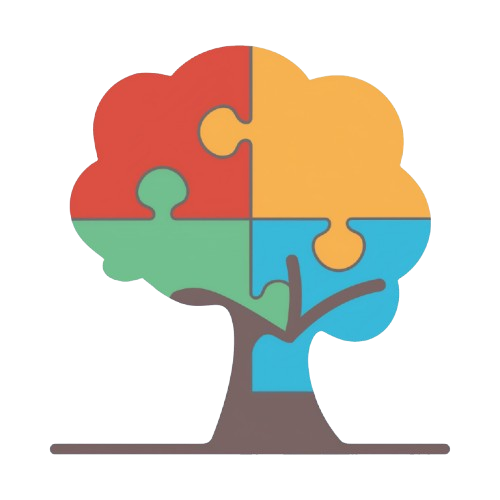The Early Signs of Autism and Why They Matter
Parents notice everything. The way their baby reaches for their finger, the giggle during peek-a-boo, the joy of hearing “mama” or “dada” for the first time. These milestones bring reassurance that development is on track. But sometimes those moments look a little different. A child may avoid eye contact, or they may line up toys over and over instead of playing pretend. Some children might not respond when their name is called, while others may speak only in repeated phrases.
These differences are not always easy to interpret. Parents might wonder if their child is just shy, or if speech will “catch up.” Doctors may say, “Wait and see.” Yet the truth is that early recognition of autism spectrum disorder (ASD) can make a profound difference in how a child is supported.
Recognizing the Early Signs
While autism looks different in every child, there are some common markers that may appear in infancy and toddlerhood:
Limited or inconsistent eye contact
Not responding when their name is called
Repetitive behaviors such as rocking, hand-flapping, or spinning objects
Delayed speech or unusual patterns like echolalia (repeating words or phrases)
Intense focus on specific topics or objects
Strong reactions to sensory experiences (covering ears for certain sounds, avoiding specific textures)
Limited interest in pretend or interactive play
It’s important to remember that none of these signs alone confirm autism. But when they appear together or persist, they can be signals worth discussing with a pediatrician or developmental specialist.
Why Early Awareness Matters
The goal of early awareness is not to diagnose children before they are ready, or to put them in a “box.” Instead, it’s about offering support as soon as possible. Research shows that children who receive early interventions: speech therapy, occupational therapy, or sensory-based supports, often develop stronger communication skills, greater independence, and better coping strategies.
But there is another reason awareness is crucial: it changes how parents and caregivers respond to their child. Instead of viewing behaviors as “defiance” or “delays,” parents begin to see them as communication. A meltdown in the grocery store might not be about misbehavior at all: it might be the buzzing fluorescent lights, the echo of voices, or the overwhelming smell of food. When parents understand this, their response shifts from frustration to compassion.
How Autiverse Academy Helps Families Respond
At Autiverse Academy, we turn early signs of autism into opportunities for growth. Many behaviors are rooted in sensory processing differences, so our approach centers on sensory tutoring: adapting environments so children feel safe, calm, and ready to learn.
One child who often melted down in noisy classrooms found comfort in our quiet, dimly lit sessions. By tracing letters in sand trays and using visual charts, learning became less overwhelming and more joyful. Another child who was nonverbal gained confidence using picture cards to express needs, reducing frustration at home and school.
These changes aren’t miracles. They are the result of listening carefully and creating spaces where children can thrive on their own terms.
Inclusion Starts with Awareness
Awareness is not just for parents. Teachers, peers, and communities all play a role. A teacher who notices a student covering their ears during assemblies can advocate for quieter spaces. A friend who understands why their classmate doesn’t always make eye contact can learn that it doesn’t mean they don’t care. A parent who recognizes that their child’s behaviors are signs of sensory overload can respond with calm and reassurance instead of discipline.
Every step toward awareness is a step toward inclusion. Because when children are understood, they are also accepted. And when they are accepted, they can bring their unique strengths: whether it’s creativity, honesty, or focus—into classrooms and communities that celebrate them.
Moving Forward Together
If you notice differences in your child’s development, trust your instincts. Seek out professional advice, but also seek out support networks. At Autiverse Academy, we believe that early awareness is the foundation for lifelong empowerment. By creating sensory-friendly learning experiences, we help children turn their unique ways of experiencing the world into strengths that carry them forward.
The earlier we recognize the signs, the sooner we can create environments where autistic children are not just accommodated but embraced. Awareness matters because it is the beginning of a journey—not to change a child, but to change the world around them so they can thrive.
